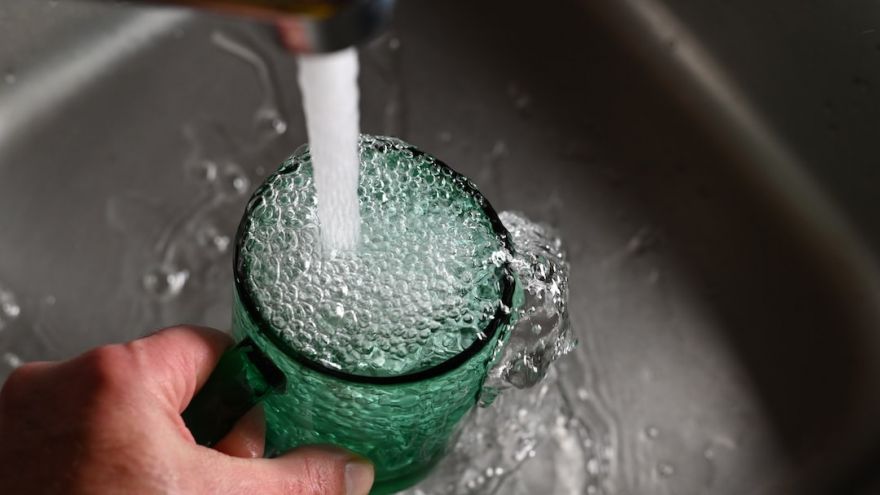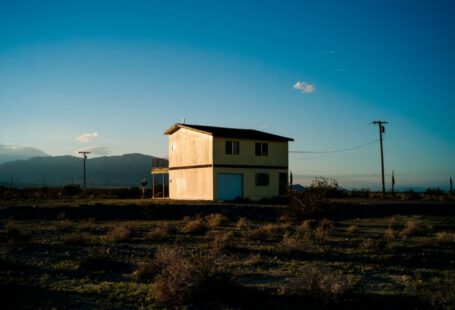Japan is known for its advanced technology, rich culture, and delicious cuisine. But what about the tap water? Can you trust it enough to quench your thirst? Let’s delve into this question and find out if it’s safe to drink tap water in Japan.
Firstly, it’s important to note that Japan has one of the most reliable water supply systems in the world. The government has strict regulations in place to ensure the safety and quality of tap water. These regulations cover everything from the source of the water to the treatment processes and distribution. In fact, Japan’s tap water is constantly monitored and tested to meet or exceed the World Health Organization’s standards.
One of the reasons why tap water in Japan is considered safe is the extensive use of chlorine for disinfection. Chlorine effectively kills bacteria and viruses, making the water safe to drink. However, some people might find the taste and smell of chlorine off-putting. If that’s the case, you can simply let the water sit in an open container for a few minutes to allow the chlorine to dissipate.
Another factor that contributes to the safety of tap water in Japan is the country’s infrastructure. Japan has a well-maintained water supply system that prevents contamination and ensures that the water is delivered to your tap without any issues. The pipes used to transport the water are made of materials that are resistant to corrosion and do not affect the taste or quality of the water.
It’s important to mention that while tap water in Japan is generally safe to drink, there might be regional variations in terms of taste and quality. Some areas might have water sources that contain higher levels of minerals, which can affect the taste. However, these minerals are not harmful to your health. If you’re not accustomed to the taste, you can always use a water filter or opt for bottled water.
Speaking of bottled water, it’s worth noting that Japan has a thriving bottled water industry. You can find a wide variety of bottled water in supermarkets, convenience stores, and vending machines. However, buying bottled water can be expensive and environmentally unfriendly. With the high quality of tap water in Japan, it’s worth considering whether you really need to purchase bottled water.
In conclusion, tap water in Japan is generally safe to drink. The government’s strict regulations and monitoring ensure that the water meets the highest standards of safety and quality. The use of chlorine for disinfection and the well-maintained water supply infrastructure contribute to the safety and reliability of tap water. While there might be regional variations in taste and quality, these do not pose any health risks. So the next time you’re in Japan, don’t hesitate to fill up your glass from the tap and enjoy the refreshing taste of clean and safe water.





